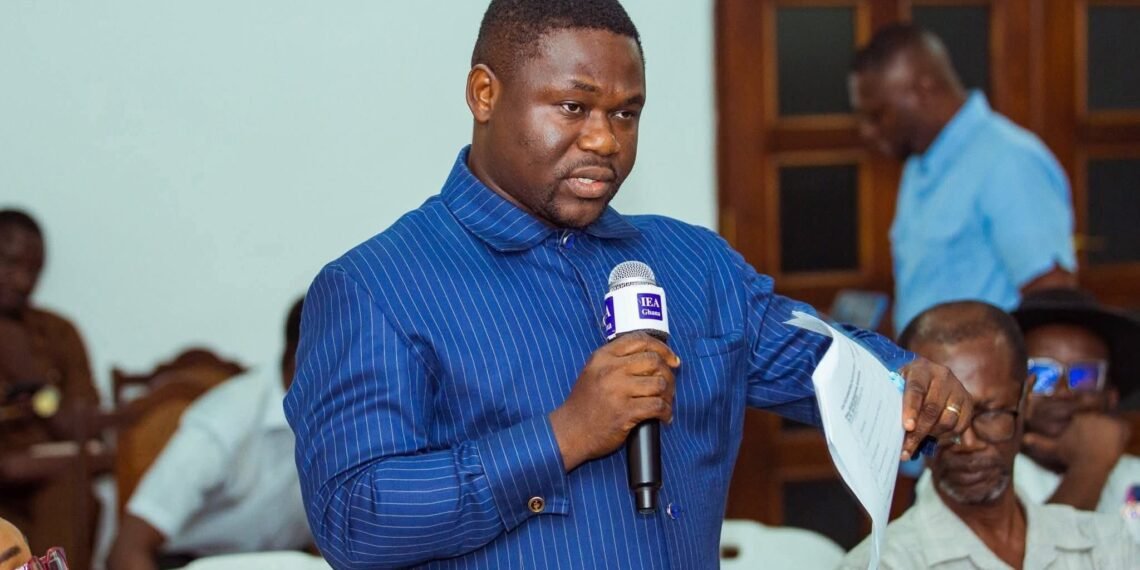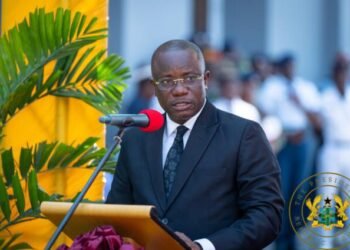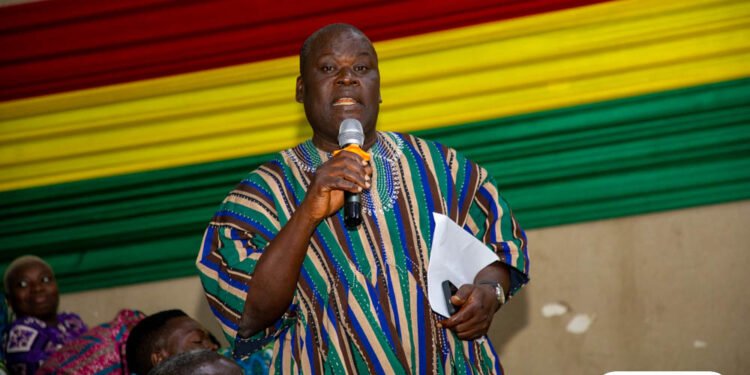Mining consultant, Ing. Wisdom Gomashie has called on the Ministry of Lands and Natural Resources and the Minerals Commission to ensure due process and transparency in the recent revocation of 278 small-scale mining licenses, warning that failure to adhere to procedure could lead to widespread legal disputes and exacerbate illegal mining across the country.
In an extensive analysis shared with the Vaultz News, Ing. Gomashie described the Minister’s actions as “commendable but potentially risky” if not executed in full compliance with the Minerals and Mining Act, 2006 (Act 703) and the Minerals and Mining (Licensing) Regulations, 2012 (L.I. 2176).
He warned that procedural lapses could expose the government to legal challenges and judgment debts, while politically charged revocations could deepen mistrust within Ghana’s small-scale mining sector.
“While I commend the Honorable Minister for this administrative step to sanitize the mineral cadastral system, such actions must be taken in strict conformance to law, procedure, and equity.
“Any revocation tainted with political connotations or bias will rather worsen illegal mining in the country.”
Ing. Wisdom Gomashie, Mining Consultant
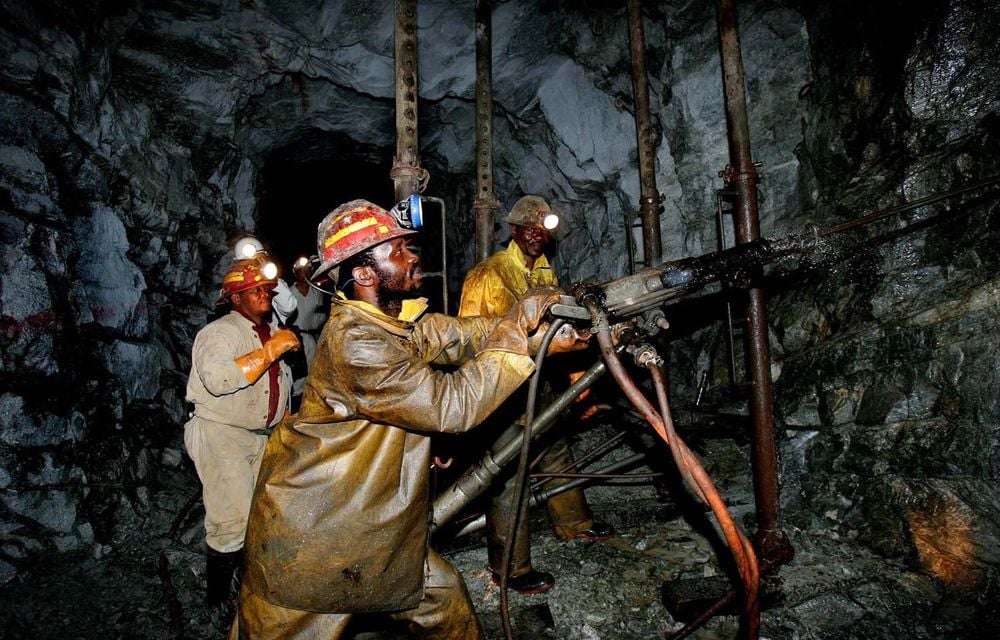
His comments follow a statement by the Minerals Commission confirming that 278 small-scale mining licenses have been revoked or terminated by the Minister for Lands and Natural Resources, Hon. Emmanuel Armah-Kofi Buah, as part of an audit of mining concessions initiated earlier this year.
According to the Commission, the actions were based on “regulatory breaches and expiration of licenses.”
The audit, initiated by Minister Armah-Kofi Buah in early 2025, forms part of efforts to improve compliance in the small-scale mining sector, which contributes significantly to Ghana’s gold production but is also plagued by illegal operations and environmental degradation.
In July 2025, the Minister reported that 962 out of 1,278 audited licenses were found to contain irregularities, with 55 already revoked at that time. The new batch of 278 revocations brings the total number of canceled licenses to over 300.
Ing. Gomashie acknowledged the continuity of such audits across administrations, citing the Tutu-Agyare-led Minerals Concession Audit Committee established in October 2021 under former Minister Samuel Abu Jinapor.
He credited the committee’s work as foundational to the 2023 overhaul of Ghana’s Mining Policy and Act but insisted that revocation decisions must remain impartial and legally sound.
Legal Concerns and Regulatory Gaps

Ing. Gomashie outlined a number of procedural issues that, in his view, may undermine the legitimacy of the current revocations.
He cautioned that some of the affected licenses were granted as recently as December 2024 and early January 2025, and that using their issuance dates as grounds for cancellation could invite litigation.
“A license granted after a certain December 7 is not enough grounds to revoke or terminate it. “Such revocations risk creating numerous legal suits and potential judgment debts for the government, a dangerous precedent indeed.”
Ing. Wisdom Gomashie, Mining Consultant
He noted that under Regulation 251(3) of L.I. 2176, the Minerals Commission is mandated to provide written notice to any license holder accused of breaches, giving them up to 120 days to rectify the violations before termination.
He added, “My checks reveal that this was not done,” insisting that Ghana must remain a nation governed by rule of law.
Furthermore, he explained that expiration of a small-scale mining license is not, by itself, a valid ground for revocation if the license holder applies for renewal within 90 days before expiration.
According to him, it remains unclear whether affected licensees had complied with this requirement and whether the Commission provided the necessary notifications as required under Regulation 252(2).
Institutional Oversight and Accountability
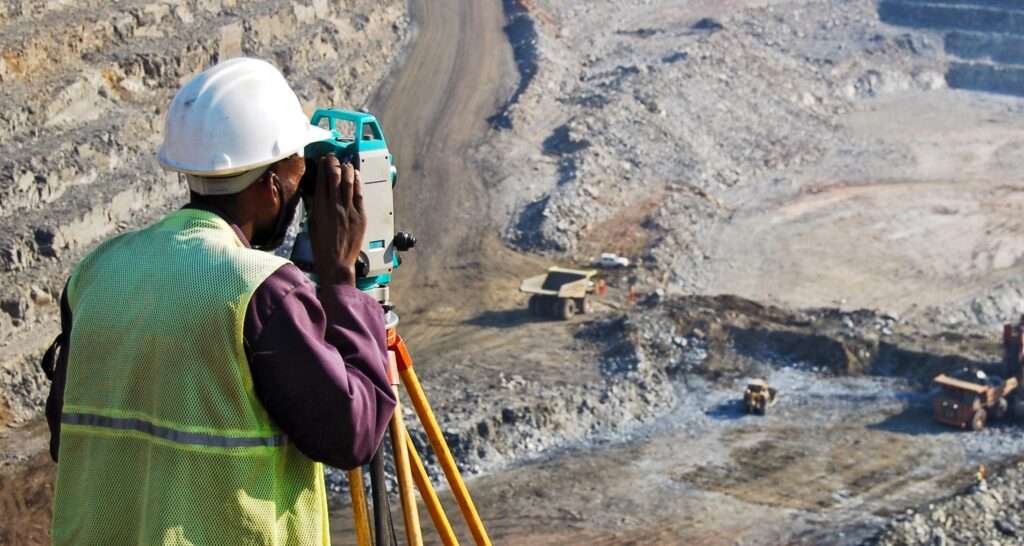
The mining consultant also took issue with what he described as institutional lapses within the Minerals Commission’s administrative chain.
He argued that the Commission should proactively recommend revocations to the Minister where warranted, rather than waiting for ministerial directives.
“The Minerals Commission should not be used as a vehicle by politicians to target miners who may not be aligned to a certain party.
“It is dangerous and will only worsen the illegal mining situation.”
Ing. Wisdom Gomashie, Mining Consultant
Ing. Gomashie further called for restructuring of reporting lines within the Commission to strengthen accountability, urging that all District Mining Officers report directly to Regional Offices, and that these regional offices should host specialized small-scale mining units to enhance oversight.
Economic and Governance Implications

Highlighting the economic importance of the sector, he described small-scale mining as “the backbone of Ghana’s gold trade”, given that large multinational operations are mostly foreign-owned.
He cautioned that heavy-handed or politically perceived actions could push miners back into the informal sector, undermining the government’s ongoing efforts to formalize artisanal mining.
“We cannot seem to be applying the same law differently on these scales of mining and expect the small-scale mining sector to get formalized overnight.”
Ing. Wisdom Gomashie, Mining Consultant
Citing recent precedents, such as Future Global Resources and Heath Goldfields at Bogoso-Prestea, Gomashie noted that those companies were given written notices and 120 days to remedy their breaches. He questioned why similar standards were not extended to small-scale miners.
Recommendations and the Way Forward
In his concluding remarks, Ing. Gomashie proposed several steps to restore confidence and transparency in the process.
He recommended that the Minister of Lands and Natural Resources and the Minerals Commission review the revocation list to ensure that due process was followed, and that reasons for each termination are publicly disclosed.
This, he said, would strengthen public trust and provide guidance for future applicants.
“Ghana has only one mining code for all scales of production mining and must apply same on all scales.
“Small-scale mining companies must be served with notices when they breach, given a period to rectify, and on failure, we as a country have all justification to revoke same if they fail as the laws stipulates.”
Ing. Wisdom Gomashie, Mining Consultant
He further advised that re-awarded concessions should not become politically influenced, warning that reallocating revoked areas to politically connected individuals or companies could inflame tensions in mining communities.
Instead, he suggested prioritizing reapplications from existing holders and designating such areas for community or cooperative mining initiatives, in line with Section 89 of Act 703 and Regulation 253(1) of L.I. 2176.
“The Minister should not set any precedent which may affect certain mining operations in the future regarding the revocation of some licenses just because they were granted after elections, it doesn’t hold water.”
Ing. Wisdom Gomashie, Mining Consultant
Finally, he urged the government to ensure that small-scale miners are treated with the same procedural fairness as large-scale operators, emphasizing that equitable enforcement of mining laws is the only sustainable path toward achieving formalization, reducing illegal mining, and maintaining investor confidence.



